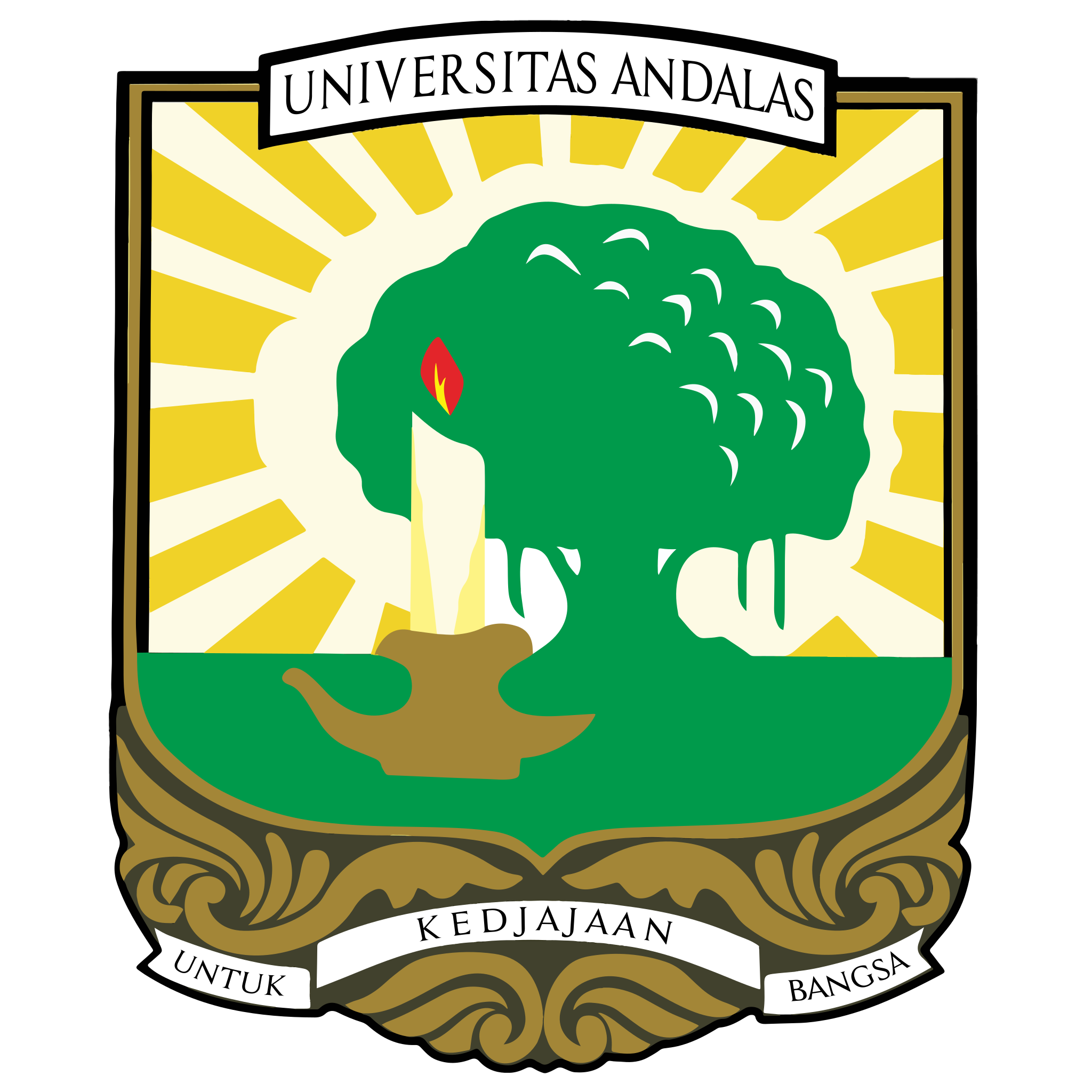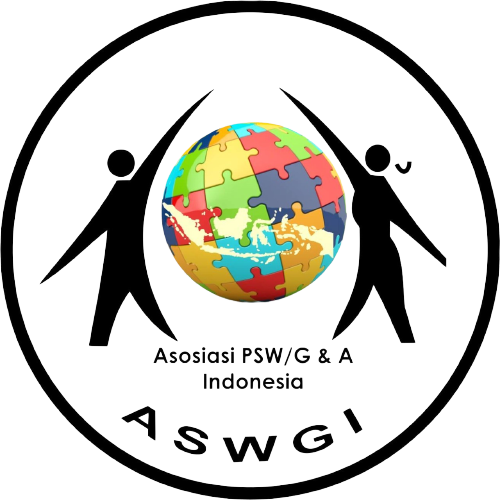
Gender equality remains one of the most pressing global challenges of our time. Despite significant progress in recent decades, patriarchal structures and gender-based discrimination persist in various forms across societies. Women continue to face barriers in education, employment, and political representation, while men often struggle with rigid societal expectations regarding masculinity. Additionally, individuals who identify outside the gender binary face even greater challenges, including social exclusion, violence, and systemic discrimination. These issues highlight the urgent need to reimagine equality through an intersectional lens, considering how gender intersects with other identities such as race, class, sexuality, and disability.
The concept of intersectionality, which was introduced by Kimberlé Crenshaw, is vital for understanding the nuances of gender inequality. It reminds us that people experience oppression differently based on their unique sets of identities. For instance, a woman of color may encounter challenges that differ from those faced by a white woman or a man of color. This perspective is essential when we aim to create policies and practices that truly support all marginalized groups. The 3rd International Conference on Gender, Culture, and Society (ICGCS) will focus on how intersectionality can guide our efforts to achieve gender equality in various cultural contexts.
Technology has emerged as both a tool for empowerment and a source of new challenges in the fight for gender equality. On one hand, digital platforms have provided spaces for marginalized voices to be heard, enabling movements like #MeToo and #BlackLivesMatter to gain global traction. On the other hand, technology has also perpetuated gender biases, from algorithmic discrimination to online harassment. The rise of artificial intelligence and automation further complicates the landscape, as these technologies often replicate and amplify existing inequalities. ICGCS 2025 will examine the role of technology in shaping gender dynamics and explore how it can be harnessed to promote equity and inclusion.
Sustainability is another critical dimension of gender equality. Climate change, environmental degradation, and resource scarcity disproportionately affect women and marginalized communities, particularly in the Global South. Women are often responsible for managing natural resources in their households and communities, yet they are frequently excluded from decision-making processes related to environmental policy. A sustainable future must therefore be a gender-just future, one that recognizes the interconnectedness of social, economic, and environmental systems. This conference will highlight the importance of integrating gender perspectives into sustainability initiatives, ensuring that efforts to address climate change and promote development are inclusive and equitable.
Culture plays a pivotal role in shaping gender norms and expectations. From traditional practices to modern media, cultural narratives influence how individuals perceive and perform gender. While some cultural practices perpetuate inequality, others offer valuable insights into alternative ways of organizing society. For example, many indigenous cultures have long recognized non-binary gender identities and roles, challenging the binary framework imposed by colonialism. ICGCS 2025 will explore how cultural practices and narratives can be reimagined to promote gender equality, celebrating diversity while challenging harmful stereotypes.
In this context, the 3rd International Conference on Gender, Culture, and Society (ICGCS) aims to bring together scholars, activists, policymakers, and practitioners to address these complex issues. Under the theme "Reimagining Equality: Intersectionality, Technology, and Sustainable Futures in Gender and Culture," the conference will provide a platform for interdisciplinary dialogue and collaboration. By examining the intersections of gender, culture, technology, and sustainability, ICGCS 2025 seeks to generate innovative solutions and strategies for achieving a more equitable and inclusive world.
The 3rd International Conference on Gender, Culture, and Society (ICGCS) will be held from 8-10 September 2025 at Truntum Hotel Padang, Indonesia. This conference invites researchers, academics, students, policymakers, and national and international development institutions to participate, either in person or online, to address evolving challenges in achieving gender equality and social inclusion.
The 3rd International Conference on Gender, Culture, and Society (ICGCS 2025) is organized by Center for Gender and Child Studies (PPGAK), Universitas Andalas, Indonesia, in collaboration with Indonesian Association of Women/Gender and Child Studies Centers (ASWGI).
Universitas Andalas, Indonesia
National Collaboration
"Reimagining Equality: Intersectionality, Technology, and Sustainable Futures in Gender and Culture"
The conference invites original research and critical discussion under the following sub-themes:
Exploring how overlapping identities impact experiences of gender and social inequality.
Analyzing the role of digital innovations in shaping gender relations and inclusion.
Linking gender equity with environmental justice and sustainability goals.
Interrogating gender dimensions in governance, leadership, and policymaking.
Understanding gender and sexuality in relation to access, care, and health justice.
Investigating economic systems, labor markets, and gendered power dynamics in work.
Critical views on how education and religion shape gender roles and social norms.
Examining literary and linguistic representations of gender and identity.
The 1st ICGCS was held in 2021, and the 2nd ICGCS in 2023, both successfully hosted by Universitas Andalas in Padang. These conferences have consistently attracted international scholars and practitioners, making ICGCS a recognized platform for gender research and dialogue in Southeast Asia.
All submissions to ICGCS 2025 will undergo a double-blind peer-review to ensure fairness, rigor, and academic quality.
Check for scope relevance, formatting, and plagiarism before review.
Eligible papers are anonymized and assigned to at least two experts.
Reviewers and authors remain anonymous to ensure impartiality.
Accept, minor revision, major revision, or reject based on reviewers' feedback.
Authors revise and resubmit based on reviewer comments.
Accepted papers will appear in proceedings or selected journals.
The peer-review process will be overseen by reputable international scholars:
Chairperson of ASWGI, Indonesia
University of Winconsin, USA
Universiti Kebangsaan Malaysia
Australian Catholic University, Australia
National University Singapore, Singapore
IT Change, India
Universitas Andalas, Indonesia
Universitas Andalas, Indonesia
Universitas Andalas, Indonesia
Universitas Andalas, Indonesia
To be confirmed
Prof. Rudi Febriamansyah
Prof. Afrizal
Prof. Dr. Ir. Yonariza, M.Si
Prof. Keppi Sukesi
Prof. Donard Games
Dr. Jendrius
Dr. Ike Revita
Dr. Vonny Mutiara
Dr. Yuerlita
Prof. Dr. Anna M. Gade
Dr. Dina Afrianty
Dr. Anita Gurumurthy
Prof. Madya Dr. Khadijah
Conveners: Selected international experts from Asia, Europe, and Australia.
(Final list will be published once all members have confirmed participation.)
ICGCS 2025 has attracted 142 presenters representing more than 6 countries across Asia, Europe, and Australia.
International contributions account for approximately 40% of participants, reflecting the global recognition and reach of the event.

Universitas Andalas
(Indonesia)

ASWGI
(Indonesia)

Local Government Partners
City of Padang

Publishing Partners
SHS Web of Conference